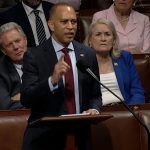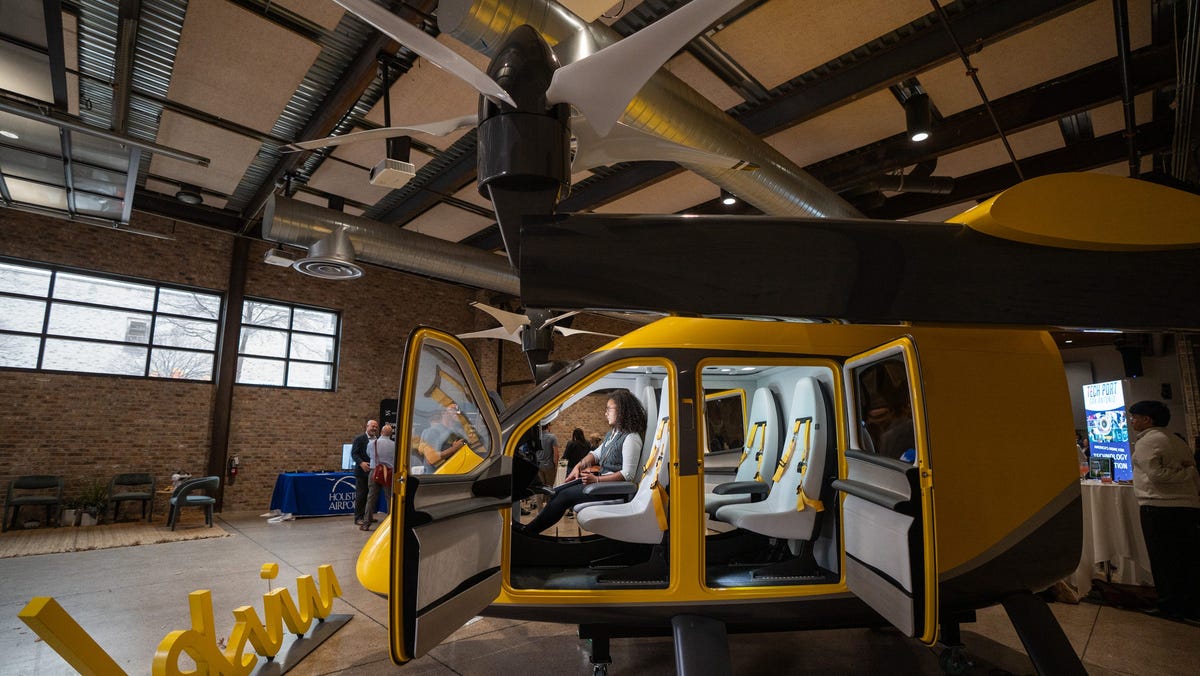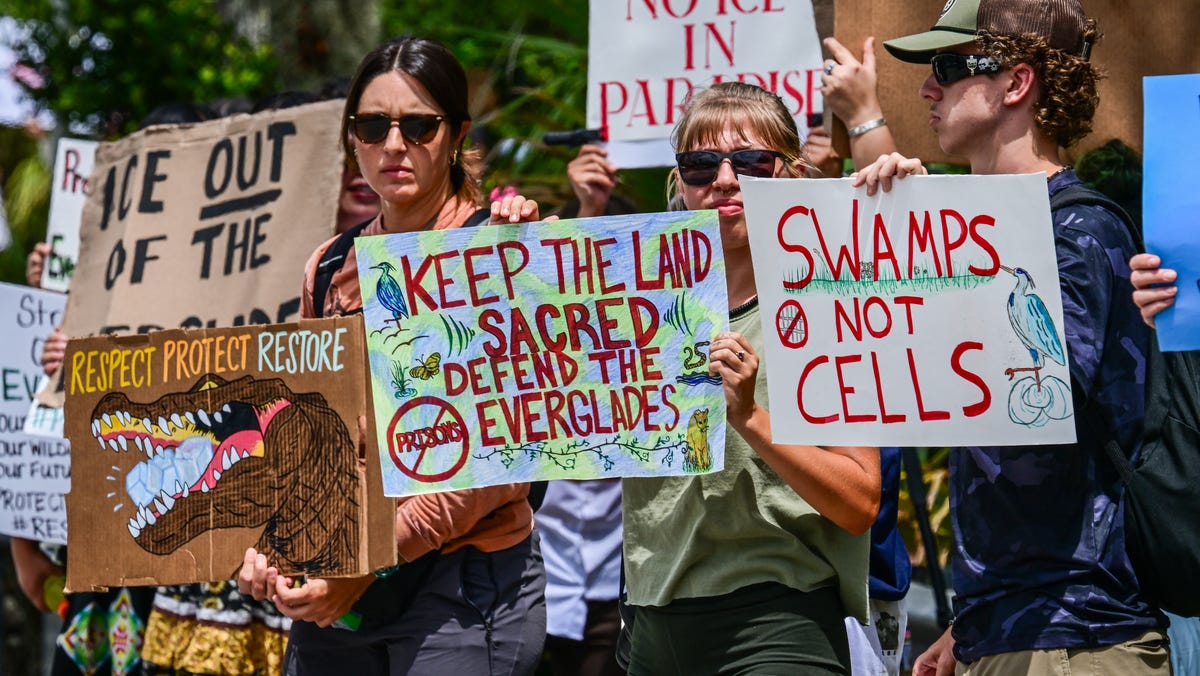When we say ‘climate change,’ people hear catastrophe. When we say ‘net zero,’ they hear sacrifice. When we say ‘carbon emissions,’ they hear science class.

Alligators: Our apex predator allies against climate change
How do alligators help with carbon sequestration? Recent studies suggest alligators shape how carbon is stored in soil.
- The term “climate change” has become overly politicized and ineffective in motivating action.
- Framing climate action as an industrial revolution, focusing on jobs and economic growth, resonates better with the public.
- The Inflation Reduction Act’s success stemmed from its focus on economic benefits rather than climate change.
- Reframing the narrative around prosperity and national renewal is crucial for gaining public support and achieving climate goals.
In the United States, the words “climate change” are starting to lose their power. Not because the crisis isn’t real, it is, but because the language we use to talk about it is too abstract, too politicized and too divorced from the things most Americans actually care about: jobs, innovation, pride and purpose.
If we want to win the fight for a livable future, we need to stop framing climate action around the climate. Instead, we need to tell the truth that’s hiding in plain sight: This is the next American industrial revolution. And we should start talking about it like one.
When we say “climate change,” people hear catastrophe. When we say “net zero,” they hear sacrifice. When we say “carbon emissions,” they hear science class. But when we say “good-paying jobs,” “homegrown energy” or “21st century manufacturing,” people perk up.
Look at how Americans responded in 2022 when President Joe Biden toured the site of a new Intel semiconductor plant in Ohio, a massive, made-in-America project that will power everything from electric vehicles to smartphones. Or when unions helped bring battery production to Michigan and solar panel assembly to Georgia.
They voted for Donald Trump.
These aren’t climate projects. And they shouldn’t have been promoted that way. Republicans want these projects to stick around because they’re economic wins that can offer family-sustaining paychecks.
The people building this future don’t call themselves climate warriors. They call themselves welders, engineers, electricians and logistics managers. And they don’t need to be fluent in climate science to know they’re building something that matters.
Focus on ‘American-made energy’
We need to trade in the language of limits for the language of leverage.
- Don’t say “sustainability.” Say “stability”: in supply chains, in local economies, in your energy bills.
- Don’t say “renewables.” Say “American-made power.”
- Don’t say “clean energy transition.” Say “next-gen infrastructure.”
- Don’t say “climate action.” Say “economic strategy.”
And absolutely stop talking about “saving the planet.” The planet is not on the ballot. But jobs are. Homegrown industries are. The dignity of work is.
This isn’t about watering things down. It’s not about meeting people where they are (that would just be business as usual). It’s about painting a vision of a prosperous future and giving them something to vote for, not just something to fear.
When the Inflation Reduction Act passed in 2022, it was branded not as a climate bill, but as a way to fight inflation, lower energy costs and revitalize American manufacturing. And despite the Trump administration’s misgivings about it, this legislation worked. It unlocked hundreds of billions in private investment, more than 270,000 new clean energy jobs and record growth in sectors like electric vehicles and heat pumps.
Similarly, when mayors and governors pitch solar installations or energy efficiency upgrades in red states, they often skip the climate framing entirely. Instead, they emphasize cost savings, energy independence and local control. It’s not spin. It’s honest communication about how to get things done.
And here’s the ironic twist: as Trump and his allies work to scrub the word “climate” from government websites, strip it from regulations and pressure companies to do the same, they may unintentionally be forcing the best possible evolution. If the word becomes politically toxic, fine. Let it go. Let the values of climate action migrate into finance, products and logistics. Let the word disappear, because the work won’t.
The first American industrial revolution built railroads and steel. The second gave us Ford and flight. This one will first be defined by energy work: how we make it, move it, store it and use it.
Environmentalists need to tell a better story
It’s already underway. But if we want it to reach full scale, with the public fully behind it, we need to tell a better story. Effective storytelling, one of the most important tactics for movement building, goes beyond helping people to understand or connect with something. It compels them to do something about it.
And it starts with the language we use. The real story of how America will meaningfully address climate change needs to be a story of resilience, reinvention and national renewal (not just abundance). A story rooted not in carbon math, but in American ambition.
Implementing this vision will require enormous amounts of capital, human energy, political will and collaboration. Not to mention a reinvention of regulatory environments from the hyper local to the federal. But without the vocabulary to convince people that this is necessary, there will never be enough buy-in.
That means speaking the language of prosperity, not peril. Of future, not fear.
Call it the Modern Energy Age. The American Rebuild. Or better yet, the New Industrial Revolution.
Just don’t call it “climate change.”
Adam Met is a musician, academic, climate activist and author of the new book “AMPLIFY: How to Use the Power of Connection to Engage, Take Action, and Build a Better World.”






